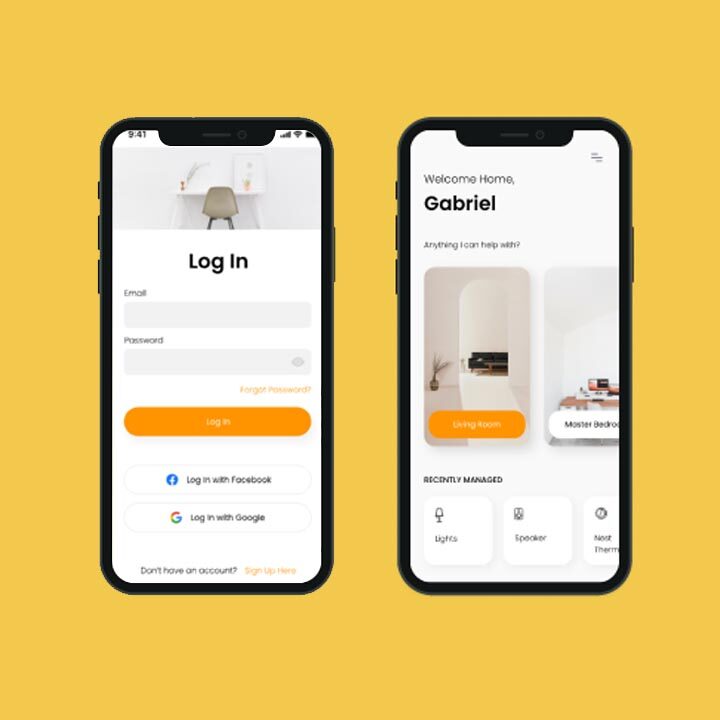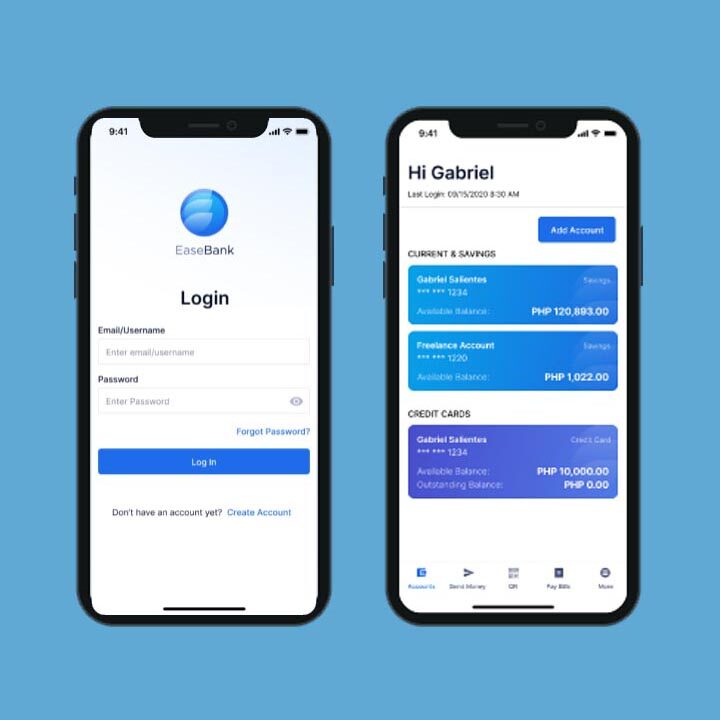The Top 5 Programming Languages For Android App Development
With over 3 billion active Android devices worldwide, learning how to develop Android apps is a skill that can provide many opportunities for you. But with so many programming languages to choose from, it can be hard to know where to start.
What are programming languages, and how does it work?
Programming languages are instructions a computer can understand and use to carry out specific tasks. There are many different types of programming languages, each with its own set of rules and syntax.
Programming languages work by converting human-readable code into a form that the computer can understand and execute. This process is known as compilation.
Programming languages are essential for Android app development for several reasons:
- They provide the means to create complex algorithms and code structures that can be used to develop powerful applications.
- Developers can optimize their apps for specific hardware architectures and devices.
- Programming languages allow developers to create custom user interfaces and interactions.
Android app development would be significantly more complex and limited without programming languages. By using a programming language, developers can take advantage of all the features and capabilities that Android has to offer. This makes for a better user experience and more powerful applications.
So, learning a programming language is essential to getting into Android app development. It can possibly open up a whole world of possibilities and help you create the best apps possible.
In this fast-paced digital era, learning new programming languages has become a necessary skill for developers. Here we look at the five most popular languages for Android app development.
1. Java
Java is a popular language for Android app development because it enables developers to create robust, high-performance apps. Java is a universal language used for various purposes, including web development, desktop applications, and mobile apps. Java is also an object-oriented language, making it well-suited for developing complex applications.
PROS
- Java is a powerful programming language that enables developers to create robust, high-performance apps.
- Java is platform-independent, meaning it can be run on any operating system, making it a perfect choice for cross-platform development.
- Java is well-suited for developing Android apps because it integrates well with the Android SDK and is easy to learn for developers already familiar with Java.
CONS
- Java can be a bit slow compared to other languages, such as C++, when it comes to app development.
- Because Java is such a popular language, it can be challenging to find experienced Java developers who are also familiar with Android development.
2. Kotlin
Kotlin is a newer language that is gaining popularity for Android app development. Kotlin is a concise and expressive language that makes code more readable and easy to understand. Kotlin also has many features that make it well-suited for developing Android apps, such as null safety, data classes, and lambdas.
PROS:
- Since it is a statically typed programming language, it can help developers avoid bugs in their code.
- Kotlin is more concise than Java, meaning developers can write less code to achieve the same results.
- It works with all existing Java libraries and platforms, so developers can continue to use the same tools they’re used to.
CONS:
- Kotlin is a relatively new language, so there is not as much support available for it as for Java.
- Because Kotlin is more concise than Java, some developers may find it more challenging to read and understand.
3. C++
C++ is another powerful language that can be used for Android app development. C++ enables developers to create high-performance apps using various programming techniques. C++ also provides low-level hardware access, making it possible to develop very resource-intensive apps.
PROS:
- It can be used to create high-performance Android apps.
- C++ is relatively easy to learn, especially if you have prior experience with other programming languages.
- C++ code is usually more portable than other languages, so it’s easier to reuse your code on different platforms.
CONS:
- C++ can be difficult to debug due to its complexity.
- C++ apps can take longer to compile than apps written in other languages.
- Not all Android devices support C++, so your app may not run on all devices.
4. Python
Python is a universal language used for various purposes, including web development, scientific computing, and artificial intelligence. Python is also gaining popularity for Android app development due to its ease of use and readability. As a result, Python enables developers to create apps quickly and efficiently.
PROS
- Python is easy for beginners and has a relatively shallow learning curve. This makes it an excellent choice for those just starting with coding and app development.
- As an interpreted language, it doesn’t need to be compiled before it can be run. It can save you lots of time during the development process.
- Python is open source and has a large community of developers who constantly create new modules and libraries that can be used in your project. This means you don’t have to reinvent the wheel whenever you need to add a new feature to your app.
CONS
- Google does not officially support Python as a language for Android development, so you may have to go through some extra steps to get your app up and running on devices.
- Python is a dynamically typed language, which can lead to some errors that are difficult to track down. This can be frustrating for beginners still getting used to the language.
- Python is not as fast as other languages commonly used for mobile app development, such as Java or C++. However, depending on your developing app, it may not be a big issue.
5. HTML5
HTML5 is the latest version of the HTML standard and is gaining popularity for mobile app development. HTML5 provides several features that make it well-suited for developing mobile apps, such as offline storage, geolocation, and touchscreen support. HTML5 also enables developers to create responsive designs that are optimized for a variety of screen sizes.
PROS
- HTML5 can be used to create cross-platform apps that can be run on multiple devices, including Android smartphones and tablets.
- HTML5 apps are typically faster and more responsive than native apps because they can take advantage of the latest web technologies.
- HTML5 apps can be developed using open-source tools, saving you money.
CONS
- HTML5 apps may not be able to take full advantage of all the features and capabilities of a device, such as a camera or GPS.
- HTML5 apps may be unable to access certain native features, such as push notifications.
- HTML5 apps may require a separate “web-view” component to be installed on a device to run, which can add to the size of the app.
Tips for Using different Programming Languages when developing Android apps
You don’t need to be a hundred percent expert in all programming languages, but a basic understanding of different ones can come in handy. Here are ten tips to help you use other programming languages when developing Android apps.
1. Developing Android apps requires expert knowledge of different programming languages.
2. There are many ways to learn these languages, but the best way is to find resources online or through community forums.
3. Android app development usually starts with the Java language, so developers need to be proficient in it.
4. Other popular languages used for Android development include C++ and Kotlin.
5. It is also possible to use web technologies such as HTML, CSS, and JavaScript for developing Android apps.
6. The advantage of using web technologies is that they are cross-platform and can be used on other mobile operating systems.
7. Android app development can be done using different IDEs such as Eclipse, Android Studio, and IntelliJ IDEA.
8. Each IDE has its own set of features and tools that can be used for developing Android apps.
9. Developers should choose the IDE best suits their needs and preferences.
10. It is also important to remember that different programming languages have different syntaxes and semantics. Therefore, it is necessary to learn the language before developing Android apps.
Final thoughts
So, you have five different programming languages for Android app development, and you can start learning today. May this article help you clarify some confusion around what language to choose and give you a little push on the right path. Remember, whichever language you choose, be sure to invest time in practicing and perfecting your skills. Then, with hard work and dedication, you will be on your way to creating amazing Android apps.
Get the expertise of DigiGlobal Solutions team and make your way into becoming a better business!







